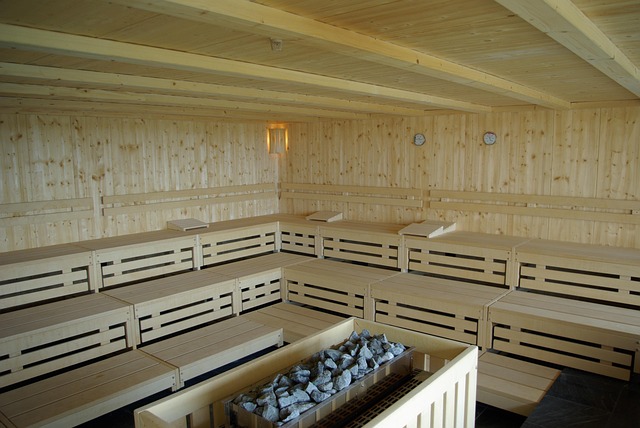Commercial gas water heaters offer tailored solutions with storage tank and tankless options. Remote monitoring technologies enhance performance and sustainability, allowing facility managers to control temperature settings, monitor energy usage, and diagnose issues from anywhere. This innovation leads to time savings, enhanced efficiency, and cost reductions for businesses in hospitality and institutional sectors, while the market's focus on energy efficiency drives advancements like high-capacity tankless heaters and condensing water heaters. Future trends include AI-integrated systems for predictive maintenance.
Commercial gas water heaters play a vital role in maintaining hot water supply in businesses, from hotels to restaurants. With remote monitoring and control capabilities, these systems offer unprecedented efficiency and convenience. This article explores the intricacies of commercial gas water heaters, highlighting the advantages of remote management, including improved energy performance, enhanced safety, and reduced downtime. We also delve into the future prospects of this technology, shaping the way facilities managers optimize their hot water systems.
- Understanding Commercial Gas Water Heaters
- Benefits of Remote Monitoring and Control
- Implementation and Future Prospects
Understanding Commercial Gas Water Heaters

Commercial gas water heaters are designed to meet the demanding hot water needs of businesses, from restaurants and hotels to institutional facilities. These powerful heating systems come in various types, including storage tank heaters and tankless gas heaters, each offering unique advantages for different applications. Storage tank heaters, with their large capacities, are ideal for locations requiring a constant supply of hot water, such as commercial kitchens and laundries. On the other hand, tankless gas heaters provide on-demand heating, making them energy-efficient choices for spaces like bathrooms or smaller restaurants.
With modern advancements, these commercial hot water systems now incorporate remote monitoring and control features. This allows businesses to track energy usage, set temperature controls from afar, and receive alerts for potential issues, ensuring optimal performance and enhanced institutional heating efficiency. Moreover, condensing water heaters among the gas fired water heating options are growing in popularity due to their superior energy efficiency, making them an eco-friendly choice for environmentally conscious establishments.
Benefits of Remote Monitoring and Control

Remote monitoring and control of commercial gas water heaters offer significant advantages for businesses, especially in the hospitality and institutional sectors. With this technology, facility managers can efficiently manage hot water systems from anywhere at any time, ensuring optimal performance and comfort. This is particularly beneficial for large-scale operations like hotels and restaurants, where water heating demands can vary greatly throughout the day.
By remotely controlling these heaters, staff can adjust temperature settings, monitor energy usage, and even diagnose potential issues without physically present on-site. This not only saves time but also contributes to energy efficiency and cost savings. For instance, tankless gas heaters or condensing water heaters, known for their high capacity and energy-efficient properties, can be finely tuned remotely to meet specific needs, preventing unnecessary energy consumption and ensuring a steady supply of hot water.
Implementation and Future Prospects

The implementation of remote monitoring and control technologies in commercial gas water heaters marks a significant step forward in the evolution of industrial hot water systems. This innovation allows for real-time data access, enabling businesses to efficiently manage their water heating processes. With remote capabilities, facility managers can monitor energy usage, set temperature controls, and even detect potential issues before they escalate. This technology is particularly beneficial for large institutions, such as hotels and restaurants, where demand varies significantly throughout the day.
Looking ahead, the future of commercial gas water heaters with advanced monitoring features appears promising. The market’s growing emphasis on energy efficiency and sustainability drives the development of high-capacity, tankless gas heaters and condensing water heaters. These systems not only offer enhanced control but also contribute to cost savings and reduced environmental impact. As technology continues to advance, we can expect even smarter commercial hot water systems that integrate artificial intelligence for predictive maintenance, further optimizing institutional heating processes.
Commercial gas water heaters, equipped with remote monitoring and control features, offer a multitude of benefits for businesses. This technology streamlines operations by enabling efficient management of hot water systems, reducing energy consumption, and enhancing safety. Looking ahead, the integration of smart sensors and AI in future models will further optimize performance and provide predictive maintenance capabilities. By embracing these innovations, commercial establishments can elevate their water heating infrastructure to new heights, ensuring cost-effectiveness and sustainability for years to come.
